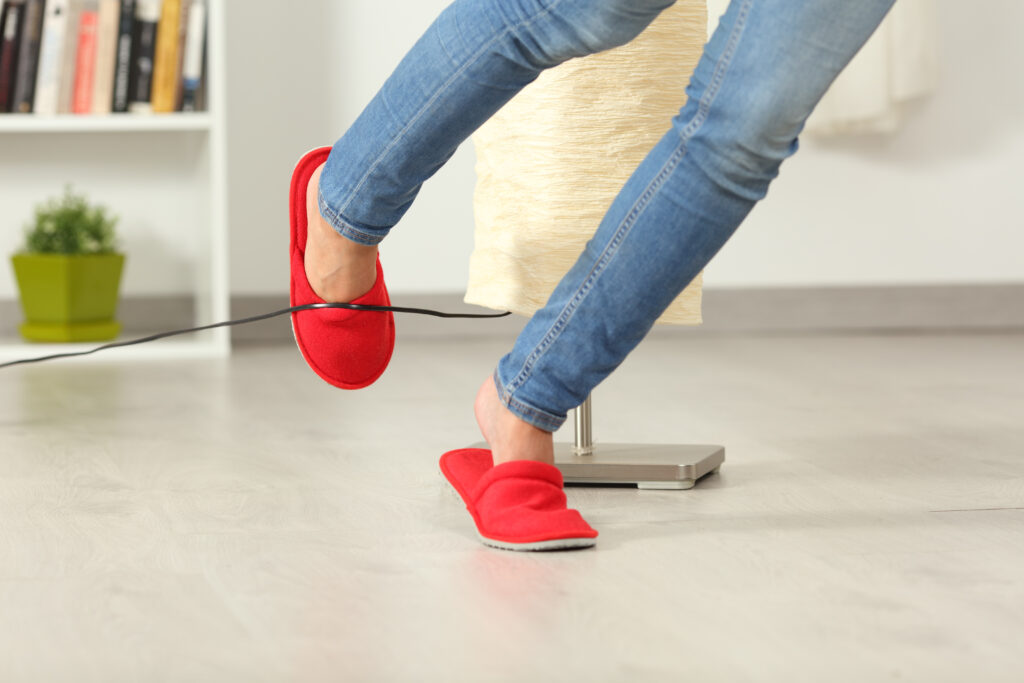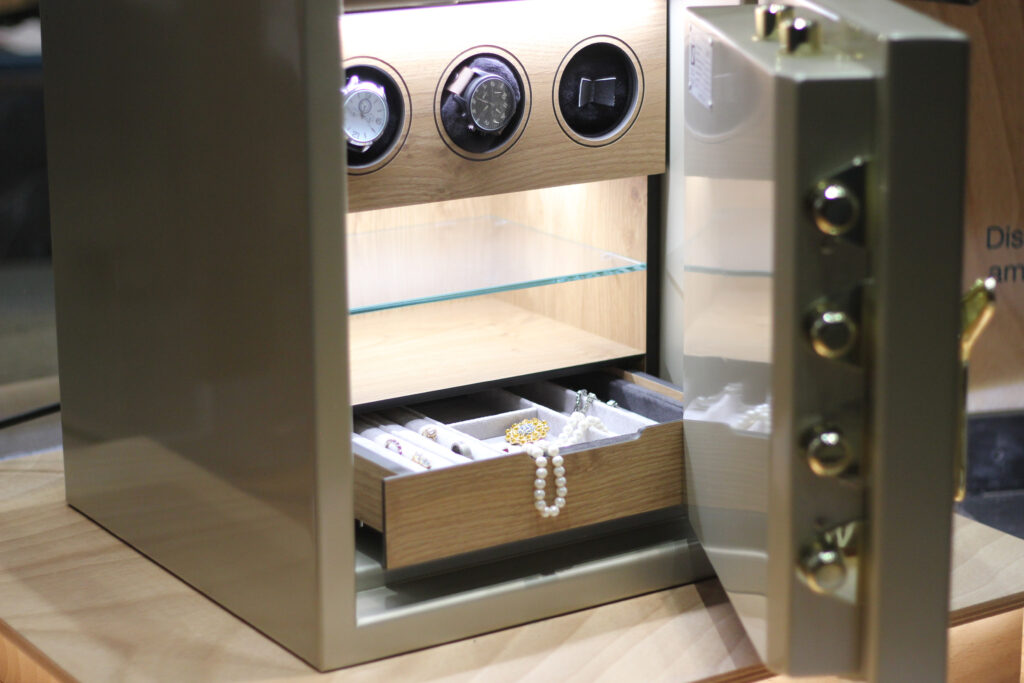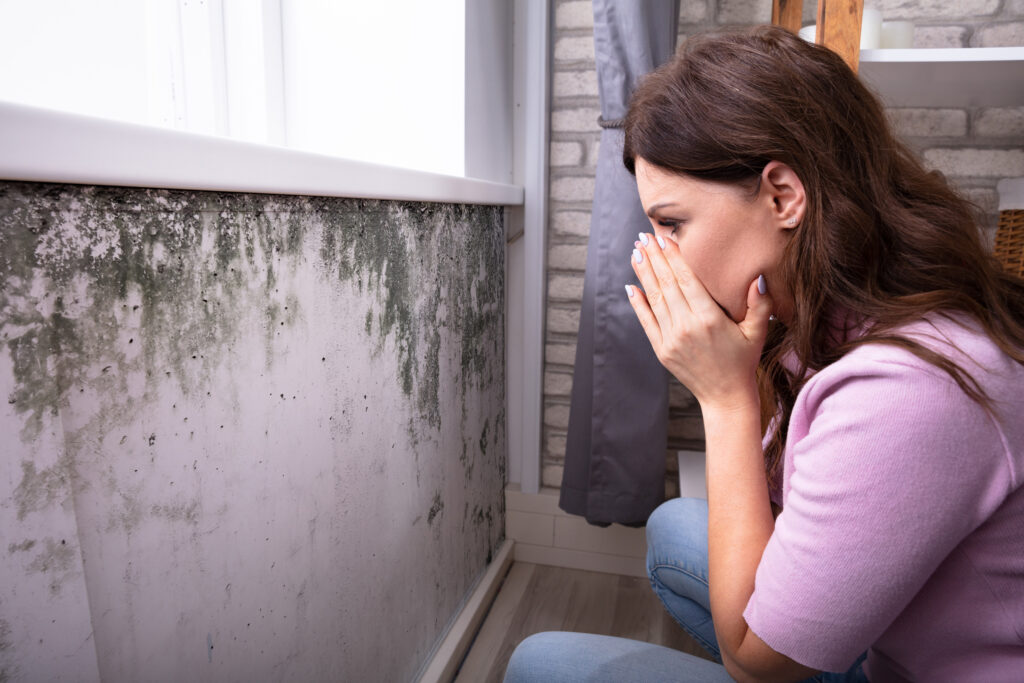How To Reduce Risk During An Open House
Open houses are an excellent way to give a property some up close and personal exposure. Potential buyers like them because they can casually browse through the house and surrounding property without feeling pressured by a real estate agent. Real estate agents host open houses in hope of generating offers on the home while networking and picking up new leads. If you’re a real estate agent or a seller, know that an open house is not without risks. Here’s a few tips to keep in mind for a safe and successful open house:
Reduce Hazards
The risk of an unforeseen accident on a property is always a worry. Someone slipping on ice or stepping on a nail could turn into a nightmare. Some hazards, like a hole in the sidewalk, can be roped off. However, if there is a major hazard such as a floor with rotting wood, it’s best to hold off on the open house until repairs are made.

First-Aid Kit
No matter how careful you are, accidents happen. Always keep a first-aid kit with your open house things. Keep it stocked with basics such as bandages, antibiotic ointment, antiseptic wipes and tweezers. It’ll come in handy for most minor mishaps such as splinters and cuts. In today’s world, it’s good to have hand sanitizer and disposable masks available as well.
No Pets Allowed
While most people enjoy pets, it’s best to keep them away (or contained) during an open house. Strangers can make some dogs/cats very agitated and it’s not worth the risk of someone getting bit or scratched. You won’t have to worry about your pet getting run over or kidnapped during the open house. And, of course, no barking or doggy “do-do” is always a plus!
Light It Up
If you’re hosting an open house in a vacant home, call the owner or power company well in advance to make sure the power will be turned on. If you can’t get power, it’s best to reschedule the open house until the lights are on. No lighting, or poor lighting, can increase the risk of someone tripping or bumping their head on something like a sharp cabinet corner or light fixture.
Lock Them Up
Unfortunately, there may be unscrupulous people with sticky fingers roaming through your open house. Anything of value that could easily be slipped into a pocket or purse (such as jewelry, watches, electronic devices and even prescription medications) should be locked up or removed from the home during an open house. You may want to consider bringing along a friend to help keep watch or installing security cameras.

Sign In
While you want to be welcoming at an open house, you also need to be cautious when inviting strangers into a home. Having your visitors sign in at the door is a good way to start conversation while keeping track of who is entering the home. Some agents even take pictures of IDs at the door. This may deter anyone with ulterior motives such as stealing, vandalism or stalking out the home.
In spite of your best efforts, anything can happen during an open house. Sellers should have homeowners insurance. Real estate brokers and agents should have general liability insurance to protect people and property from open house injury. For more information, visit our website: RealShieldInsurance.com









